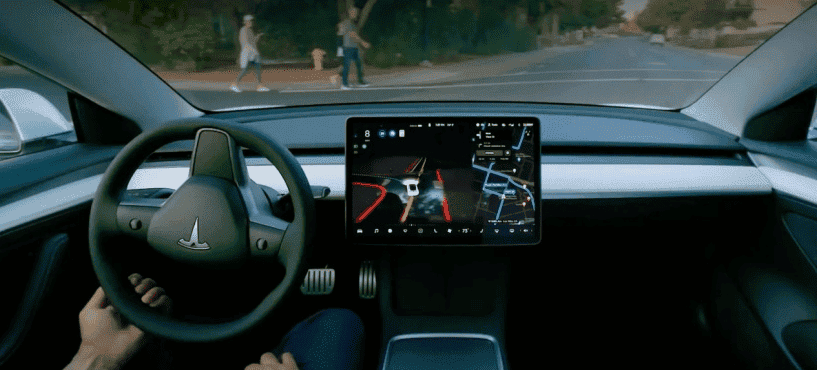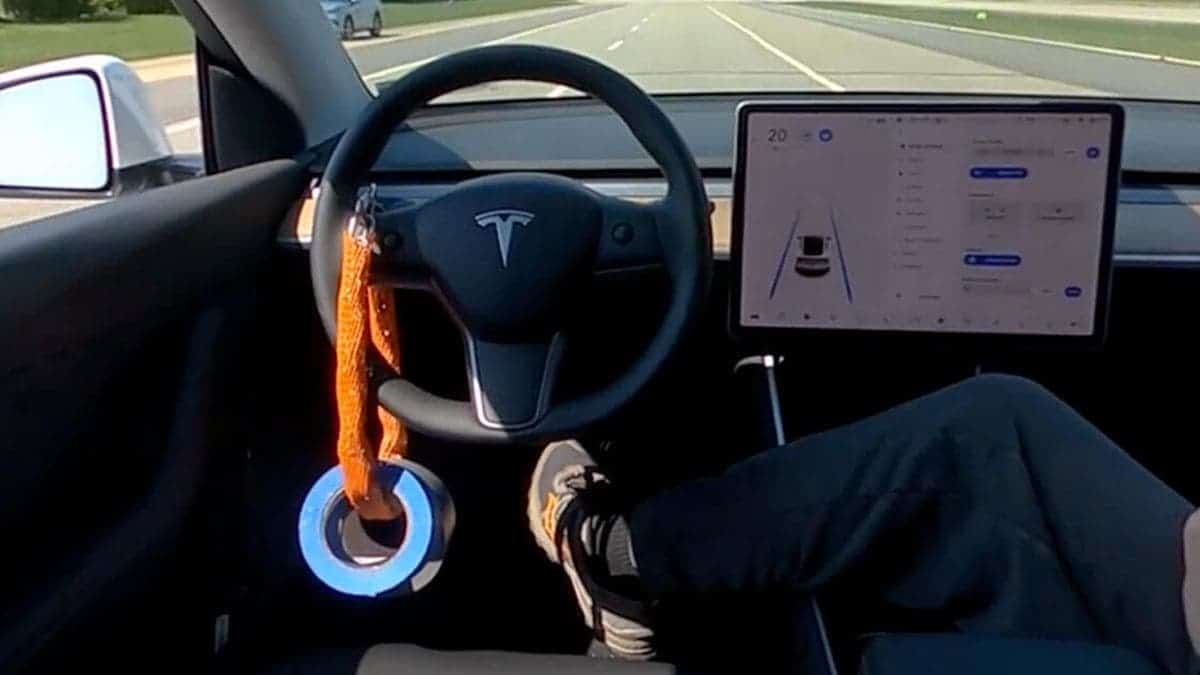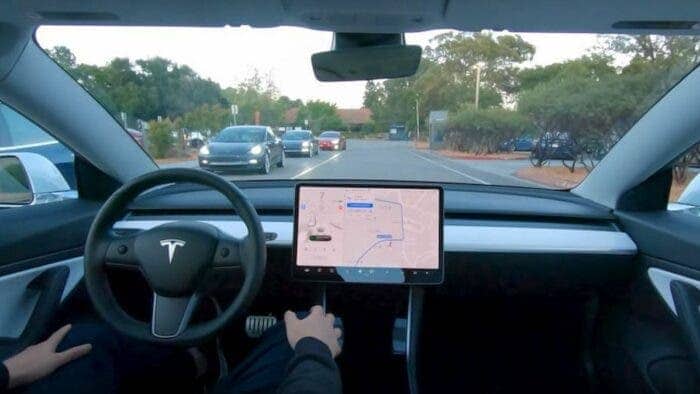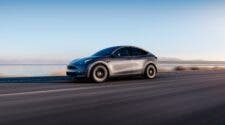Tesla, an electric car brand known for its innovative technology and autonomous driving features, is set to face its first trial involving an Autopilot fatality. The trial will take place in California and Florida, where two separate crashes involving Tesla Model 3 cars with an active Autopilot (AP) feature occurred. The letters “AP” will be used to refer to “Autopilot” throughout the rest of the article. Tesla’s AP feature is an advanced driver-assistance system that allows the vehicle to steer, accelerate, and brake automatically under certain conditions. It is designed to assist the driver and enhance safety on the road. However, the feature has faced scrutiny and controversies due to its limitations and incidents involving accidents.

AP uses a combination of sensors, cameras, and radar to detect and respond to the car’s surroundings. It can handle tasks such as lane centring, adaptive cruise control, and automatic emergency braking. Tesla updates the AP system from time to time via OTA or over-the-air software updates.
Tesla Autopilot fatality Legal Battle
The upcoming trial involves two separate crashes that resulted in fatalities.
Case 1
In one case, a Tesla Model S on AP was involved in a collision that led to the deaths of two people. The driver of the Tesla Model S is now facing trial for the incident. In this case, the lawsuit claims that the AP system caused Micah Lee’s Model 3 5o to veer off the road at 65 miles/hr, hit a tree and burst into flames. All these took place in a few seconds. The crash which took place in 2019 killed Lee and left two people fatally injured.
One of the two people is an 8-year-old boy, now 12 years old, whose bowel cut open. Lee’s estate and the occupants of the car accuse Tesla of knowing that the AP and other safety systems had issues. However, they claim that the company still sold the car with the defects. This case will start in mid-September in a California court.
Case 2
The second case will commence in early October in a Florida state court. It involves a 2019 crash that killed the Tesla Model 3 owner, Stephen Banner. Banner’s car drove under a trailer which shattered the roof of the car and killed Banner at the spot. According to the lawsuit filed by Banner’s wife, AP failed to brake or avoid the trailer. She claims that AP did not do anything to try and avoid the accident.
The lawsuits around these crashes involve both criminal and civil cases. In the criminal case, the driver of the Tesla Model S is being charged with manslaughter. The driver will be tried as the main party responsible for the deaths. On the other hand, the victims’ families have filed civil suits against both the driver and Tesla. The outcomes of these cases will determine the extent of liability for the AP system.

Tesla’s response
Tesla claimed driver error for both accidents, denied responsibility, and insisted that AP is secure when controlled by people. According to Tesla, motorists must maintain their focus on the road and keep their hands firmly on the wheel.
“There are no self-driving cars on the road today,” the company said.
Final Words
Tesla’s first trial involving an AP fatality will take place in California and Florida. The trial will shed light on the legal implications of accidents involving self-driving features. It will also shed light on the responsibilities of the driver and the brands. As the trial unfolds, industry experts, regulators, and the general public will closely watch the proceedings. This is because it may shape the future AP trend, especially in the U.S.





